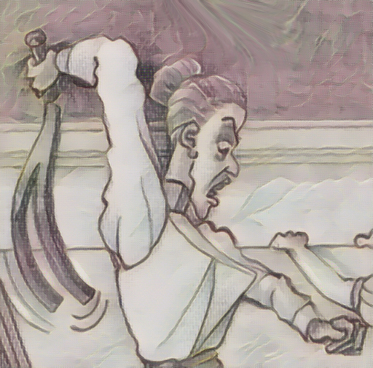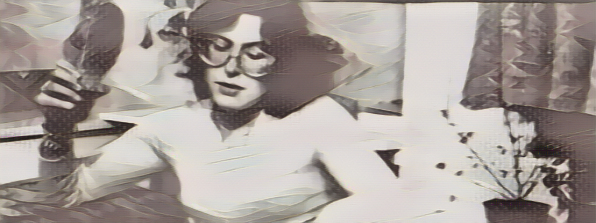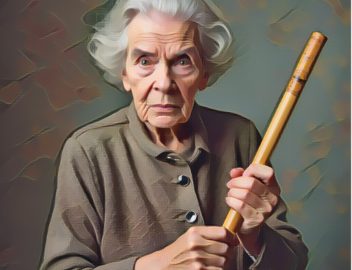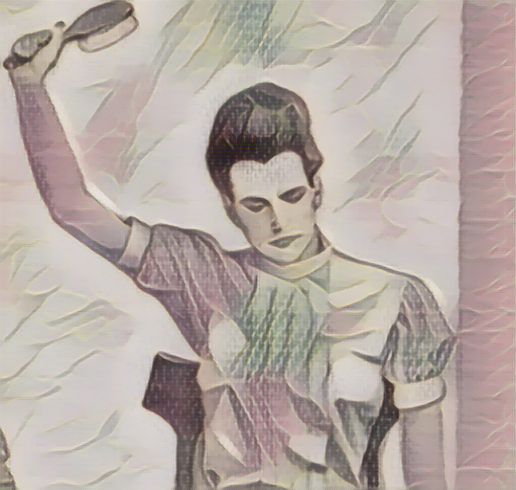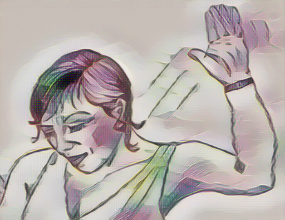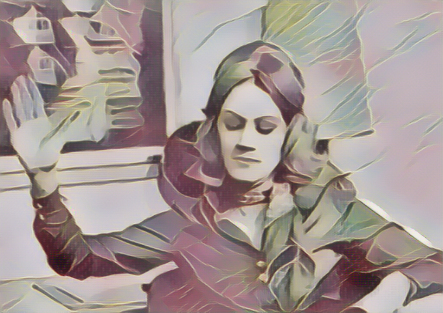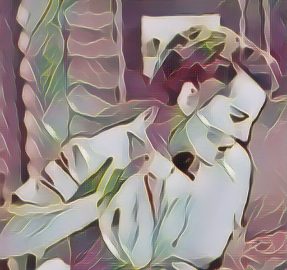(gap: 2s) When I was a boy, growing up in the deep South during the 1960s, life was a patchwork of sunlight, laughter, and the ever-present possibility of discipline. Our days were simple, yet each moment seemed to carry a lesson, and every lesson was delivered with a mixture of affection and firmness that only parents of that era could truly master. The air was heavy with the scent of magnolias and freshly cut grass, and the world felt both safe and brimming with consequences.
In our household, discipline was as much a part of life as Sunday dinners and the gentle creak of the front porch swing. If a child misbehaved or brought embarrassment to the family, there was always a reckoning. My parents believed in correction, but never in cruelty. The paddle or the belt would appear, but always behind closed doors, and never in anger. I remember the hush that would fall over the house as my siblings and I waited our turn, the sound of muffled tears echoing down the hallway. My heart would thump in my chest, my palms growing clammy, as I listened to the lessons being learned before me, knowing my own was just moments away.
Our lives revolved around the church, a whitewashed building at the edge of town where hymns drifted out the open windows on warm summer Sundays. Most of my friends sat in the same pews, and after the service, it was tradition to visit one another’s homes. Those afternoons were filled with the aroma of fried chicken, the hum of cicadas, and the promise of adventure. But one Sunday stands out in my memory, a day when I learned a lesson that would shape me for years to come.
My friend Harold and I were both in the eighth grade, teetering on the edge of boyhood and something more. Harold lived in the countryside, his house surrounded by fields that shimmered in the heat. That afternoon, my mother was inside, her laughter mingling with Harold’s mother as they sipped sweet tea and exchanged stories. Meanwhile, Harold and I escaped to the backyard, where a makeshift basketball court awaited us—a patch of uneven dirt, the grass worn away by years of games, and a backboard nailed to a weathered wooden pole. The sun beat down on our backs, and the air was thick with the scent of earth and sweat. We played with great energy, our competitive spirits flaring, and sometimes our tempers boiled over.
It happened in an instant. Frustration welled up inside me, and before I could stop myself, I hurled the ball at Harold. Time seemed to slow as the ball struck him squarely in the face, his eyes wide with shock. Blood blossomed from his nose, bright and startling, and the ball ricocheted into the window of their garden shed. The glass shattered with a sound that seemed to split the world in two. For a moment, everything was still—the only sound my own ragged breathing and Harold’s soft whimper. I felt a cold wave of dread wash over me, knowing I had crossed a line I could never uncross.
The crash brought both our mothers running, their faces etched with worry and authority. The evidence was undeniable: Harold’s nose was bleeding, the window was a jagged mess, and I stood frozen, guilt written all over me. Mrs. Thompson, Harold’s mother, wrapped her arm around him, her voice gentle as she led him inside to tend to his nose. I watched them go, my stomach twisting with shame and fear.
My own mother fixed me with a look that could stop a clock. Her eyes, usually so warm, were now steely with disappointment. She did not raise her voice; she did not need to. “Go to Harold’s room and wait for me, young man,” she said, her tone leaving no room for argument. My legs felt heavy as I trudged through the kitchen, the linoleum cool beneath my bare feet. Mrs. Thompson glanced at me as I passed, her lips pressed into a thin line, her eyes full of the same sternness I saw in my mother. I knew then that I would not be sitting comfortably for quite some time.
Alone in Harold’s room, I sat on the edge of his neatly made bed, my hands twisting in my lap. The room was filled with the quiet hum of a box fan and the distant murmur of our mothers’ voices. I stared at the faded posters on the wall, the trophies lined up on the shelf, and felt the weight of my actions settle over me like a heavy blanket. Every minute stretched into eternity. I imagined Harold’s pain, the sting of the broken window, and the disappointment in both mothers’ eyes. My cheeks burned with shame, and I wished I could disappear.
Twenty minutes crept by, each second marked by the slow drip of guilt. I could hear Harold’s muffled sniffles from the other room, and the low, serious tones of our mothers as they discussed what should be done. When Harold’s nose finally stopped bleeding, he was sent outside to sit on the porch, his face pale and his eyes red-rimmed. I remained, waiting for my fate, my heart pounding so loudly I was certain they could hear it from the kitchen.
At last, my mother called me down to the living room. The room was bathed in golden sunlight, dust motes swirling in the air. In the centre stood a kitchen chair, its wooden back gleaming, and draped across it was a leather belt—worn, but well cared for. I knew from Harold’s stories that in their home, the belt was the instrument of discipline. Seeing it there, so stark and final, made my knees tremble. I stammered out an apology, my voice barely more than a whisper, but the words felt small and useless.
Both mothers stood before me, their faces grave. They spoke in turns, their voices calm but firm, explaining how my actions had hurt my friend and caused real damage. My mother’s words cut deepest: “Bend over the back of that chair and hold on tightly. Do not let go, if you know what is good for you.” Her voice was steady, but I could hear the sadness beneath the sternness.
(pause) I did as I was told, my hands gripping the chair until my knuckles turned white. The room seemed to shrink around me, the air thick with anticipation and the faint scent of lemon polish rising from the wood beneath my fingers. My heart hammered in my chest, each beat echoing in my ears. I could feel the eyes of both women on me, and I knew I was about to learn a lesson that would stay with me for a lifetime.
(short pause) Mrs. Thompson was the first. I heard the soft creak of the floorboards as she stepped behind me, the faint rustle of her skirt. The belt hissed through the air, and then—crack—a sharp, stinging pain exploded across my backside. I gasped, the sound involuntary, my breath catching in my throat. The belt came down again, and again, each stroke measured and deliberate, the leather biting through the thin fabric of my shorts. The pain was hot and immediate, blooming outward in waves, but it was the humiliation that truly burned. I could feel my face flush, my eyes stinging with tears I tried desperately to hold back.
(pause) The room was silent except for the rhythmic slap of the belt and my own ragged breathing. With each stroke, the sting deepened, building into a throbbing ache that made my legs tremble. I could hear Mrs. Thompson’s voice, low and steady, counting softly under her breath. Twenty times the belt landed, each one a reminder of the pain I had caused. By the end, tears streamed down my face, hot and unchecked, my sobs echoing in the quiet room. My bottom felt as if it were on fire, but it was the shame that hurt most—the knowledge that I had let down not just my own mother, but someone else’s as well.
(pause: 0.3s) I tried to stand, desperate for it to be over, but my mother’s voice stopped me cold. “Stay where you are.” Her words were gentle but unyielding, and I obeyed, my body shaking. I heard the belt change hands, the leather whispering as it slid from Mrs. Thompson’s grasp to my mother’s. My mother’s presence behind me was both terrifying and oddly comforting; I knew she would not be cruel, but she would not spare me, either.
(pause) The first stroke from my mother was different—heavier, somehow, weighted with disappointment and love. The pain was sharp, but it was the emotion behind it that made me sob openly, my body wracked with guilt and regret. Each blow landed with a crisp, echoing snap, the sound bouncing off the walls and mingling with my cries. My mother’s hand was steady, her voice soft as she counted out twelve strokes, each one a punctuation mark in the lesson she was teaching. By the fifth, I was sobbing uncontrollably, my grip on the chair slipping as my strength gave out. The humiliation of being disciplined in front of another adult burned hotter than the pain itself. I wished I could sink into the floor and vanish, to escape the eyes that watched and judged.
(pause) When it was finally over, my mother’s hand was gentle as she took me by the ear and led me to stand in the corner. The wall was cool against my forehead, a small comfort against the heat radiating from my punished skin. My tears slowed, but the sting on my bottom remained—a physical reminder of the lesson I had learned. Behind me, I could hear the soft voices of our mothers, their words a mixture of comfort and resolve, the sound of their shoes on the hardwood floor, the faint clink of ice in their glasses as they resumed their conversation.
(pause) I stood there, my face pressed to the wall, the scent of lemon polish and old wallpaper filling my nose. My body ached, but slowly, the pain faded into a dull throb, replaced by a heavy sense of responsibility. I replayed the scene in my mind—the look in Harold’s eyes, the sound of the window shattering, the disappointment in both mothers’ faces. I knew I had earned every stroke, and I vowed never to let my temper get the better of me again.
(pause) After a while, my mother knelt beside me, her voice softer now, the sternness replaced by a gentle warmth. She explained that I would be helping Harold’s family by mowing their lawn for the rest of the summer to pay for the broken window. The thought of facing Harold every week filled me with dread, but I understood. It was a hard lesson, but a fair one. That day, in the warmth of that sunlit living room, surrounded by the echoes of my childhood, I learned the true weight of responsibility—and, perhaps, grew up just a little bit more.
